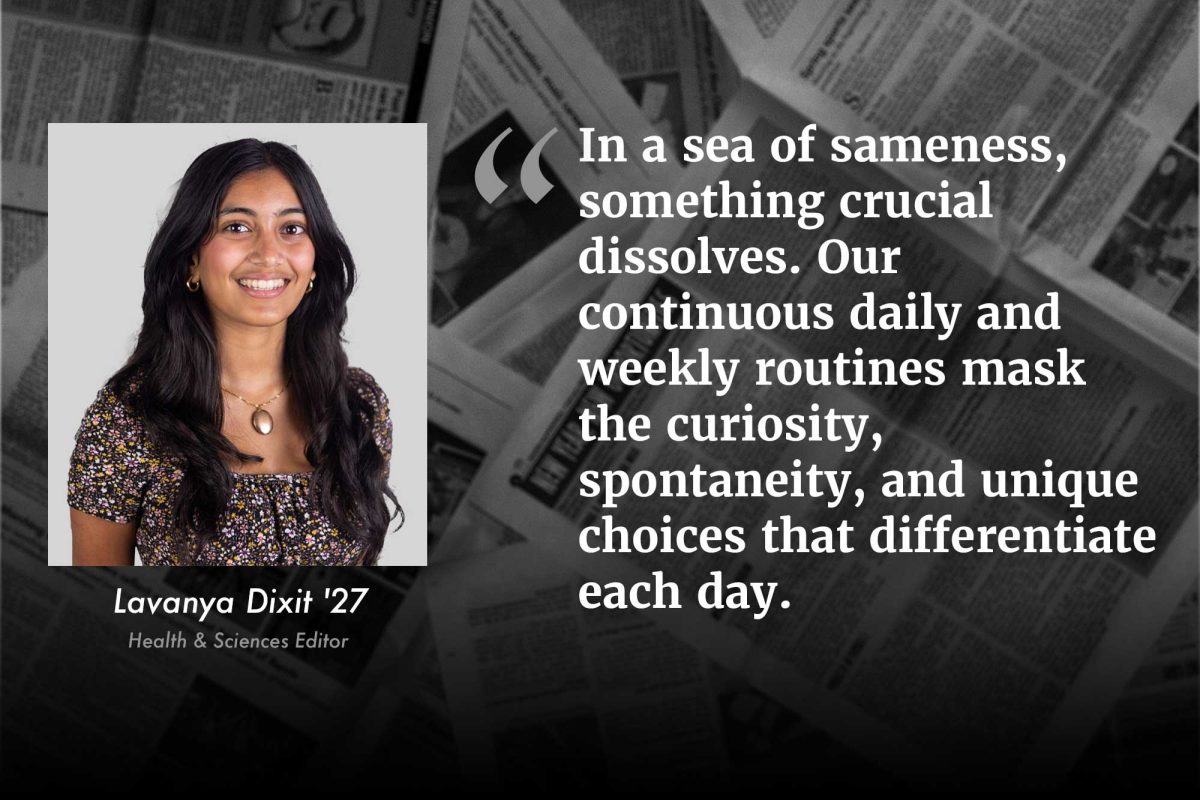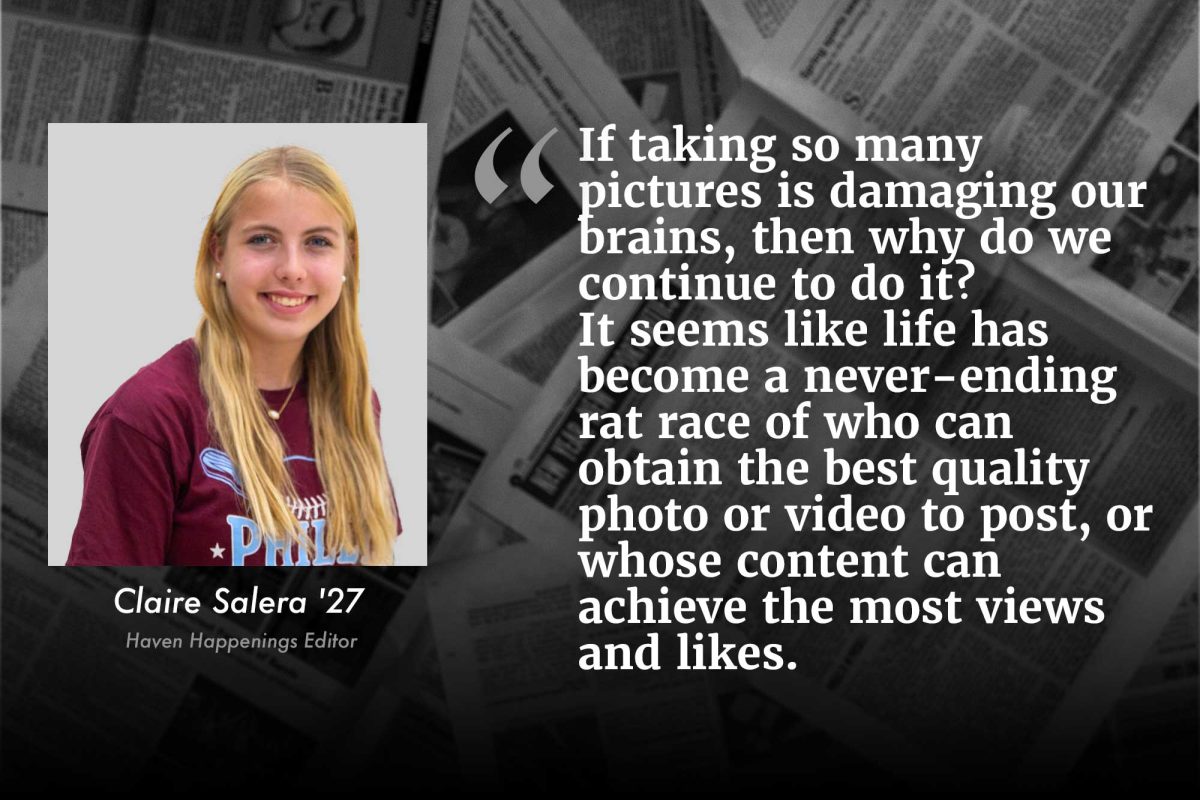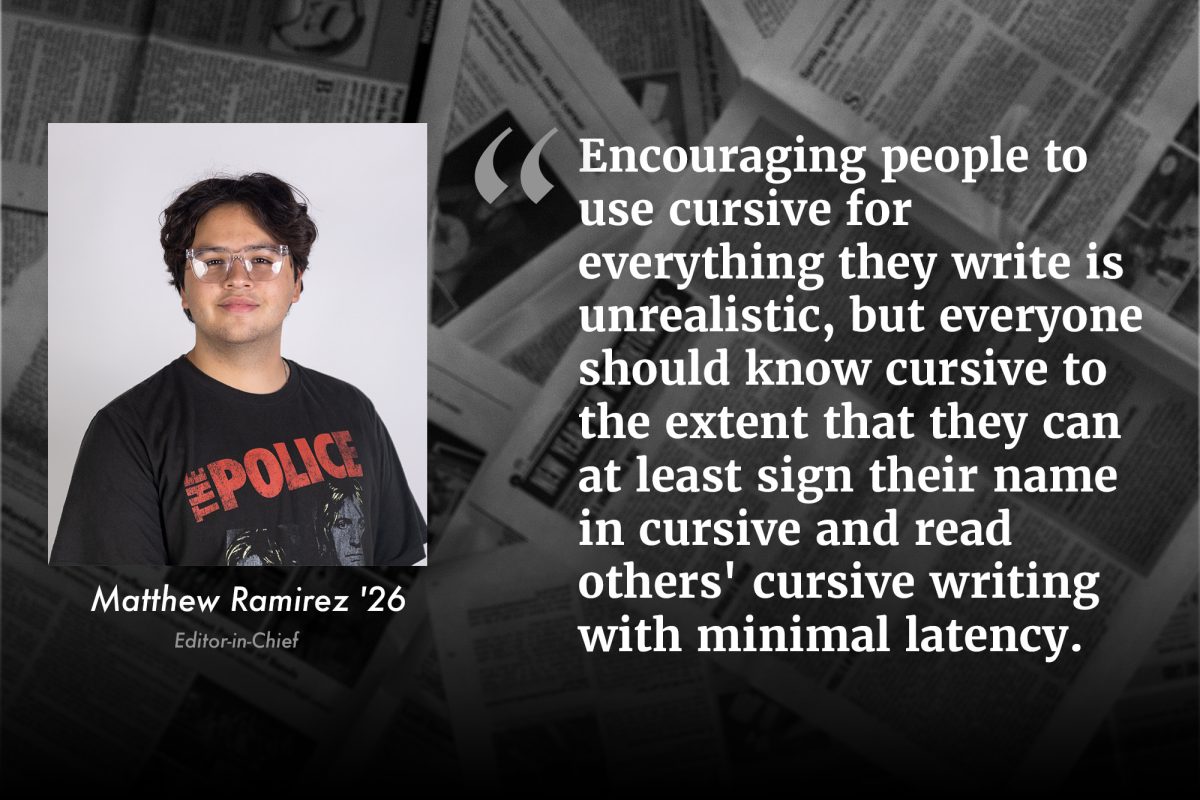Amid the revocation of several executive orders designed to support minorities, it is important to remember why they were there in the first place.
Within the next few years, many of Haven’s students will head off to college, starting a new phase in their lives. I personally marvel at the prospect of diversifying my worldviews by meeting people different from myself. But what makes this kind of experience so important, and why is it at risk?
A 2022 article from the American Psychological Association gives insight into how beneficial diversity in a college setting can be. It states that “an inclusive classroom also provides global academic benefits, such as improved critical thinking and higher overall achievement levels for both majority and minority group members.”
If diverse environments have been known to create higher levels of achievement for majority and minority members, there is no basis on which they should be considered at all negative.
Recently, the Trump Administration has given American schools a deadline to abolish diversity, equity, and inclusion (DEI) practices. If they refuse to certify their compliance, they risk losing federal funding. This poses a threat to both high school and collegiate education.
As of now, Pennsylvania has signaled that the state’s Department of Education will not be instructing schools and districts to end DEI programs. Chalkbeat reports that Pennsylvania’s Acting Secretary of Education Carrie Rowe wrote school district leaders that “no further action is required” at this time, because the Trump administration did not define what would be considered “illegal DEI.”
It is entirely unjust to threaten programs that encourage Americans, specifically teens and young adults, to not only embrace their cultures but to share them with their communities. DEI initiatives originated in the 1960s during the height of the Civil Rights Movement. It was proposed as a means of protecting minority groups against discrimination when applying for universities or opportunities in the workforce.
As it has progressed, DEI has flourished into a means of support and representation for all sorts of minorities. This includes racial/ethnic minorities, the LGBTQ+ community, and those with physical or intellectual disabilities.
According to an article by Psychology Today, humans tend to see the world through a particular “lens” that affects how we view the situations around us. This unintentional bias may affect the amount of empathy we show towards situations we have not been exposed to.
This is precisely why exposure to people who may be different from us is so important—it effectively helps to minimize the “lens” tint.
In my experience, some of the most successful groups have been those composed of all sorts of people from various backgrounds and identities. As I’ve seen it, diversity encourages people to think outside the box and establish new ways of thinking.
According to a 2020 United States Government Census Bureau report, 42.2 percent of Americans identify as non-White, up 6.9 percent since 2010.
This 42.2 percent are just some of the people that DEI policies have worked to protect from prejudice, as well as support in embracing their cultural identities.
As of 2023, the Supreme Court struck down affirmative action, effectively forbidding the use of race as a factor for college admissions.
Initial data from several universities shows that admission rates have since decreased for several minorities, particularly African Americans.
Now, fast-forward to 2025, and DEI is being completely erased from the foundation of organizations nationwide. For schools specifically, many programs founded on the importance of diversity are at risk of defunding.
As it has progressed over the years, DEI has come to be a means of protection for all sorts of minorities. This includes racial/ethnic minorities, the LGBTQ+ community, and those with physical or intellectual disabilities.
In his executive order on January 20, 2025, President Trump lifted several previously initiated orders put in place to advance racial equity and support LGBTQ+ identifying individuals.
“The injection of ‘diversity, equity, and inclusion’ (DEI) into our institutions has corrupted them by replacing hard work, merit, and equality with a divisive and dangerous preferential hierarchy,” the order states.
On the surface, the intention of this is to remove any program that discriminates against people based on their race. In theory, this is the correct approach.
However, the issue with this is the fine line between removing programs considered to be racially discriminatory versus removing programs that promote cultural diversity and support.
It is entirely unjust to threaten programs that encourage Americans, specifically teens and young adults, to not only embrace their cultures but to share them with their communities.
Culturally responsive initiatives in education benefit all students, not just those who belong to minority groups, but those who do not as well.
Exposing youth to cultures and identities outside of their own fosters growth-mindedness and empathy. No matter who we are and how we identify ourselves, we can all benefit from growing to understand and appreciate other people in their unique identities.
As our world changes, an inclusive environment is essential to success in an increasingly diverse society.
Each opinion represented in The Panther Press is the view and voice of the writer. Opinions, as the selection and curation of content by the editors, do not represent the views of the entire Panther Press staff, the adviser, the school, or the administration.














